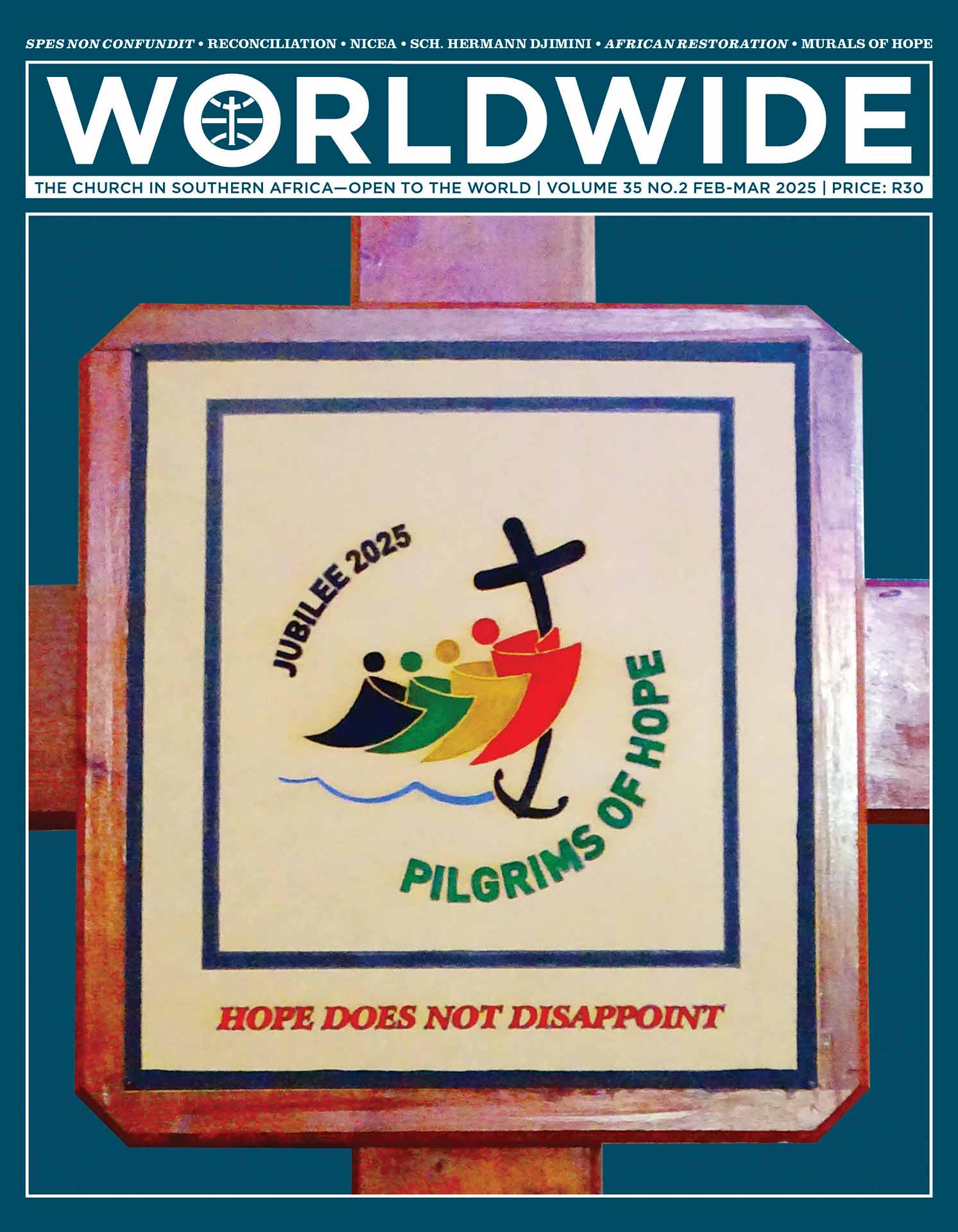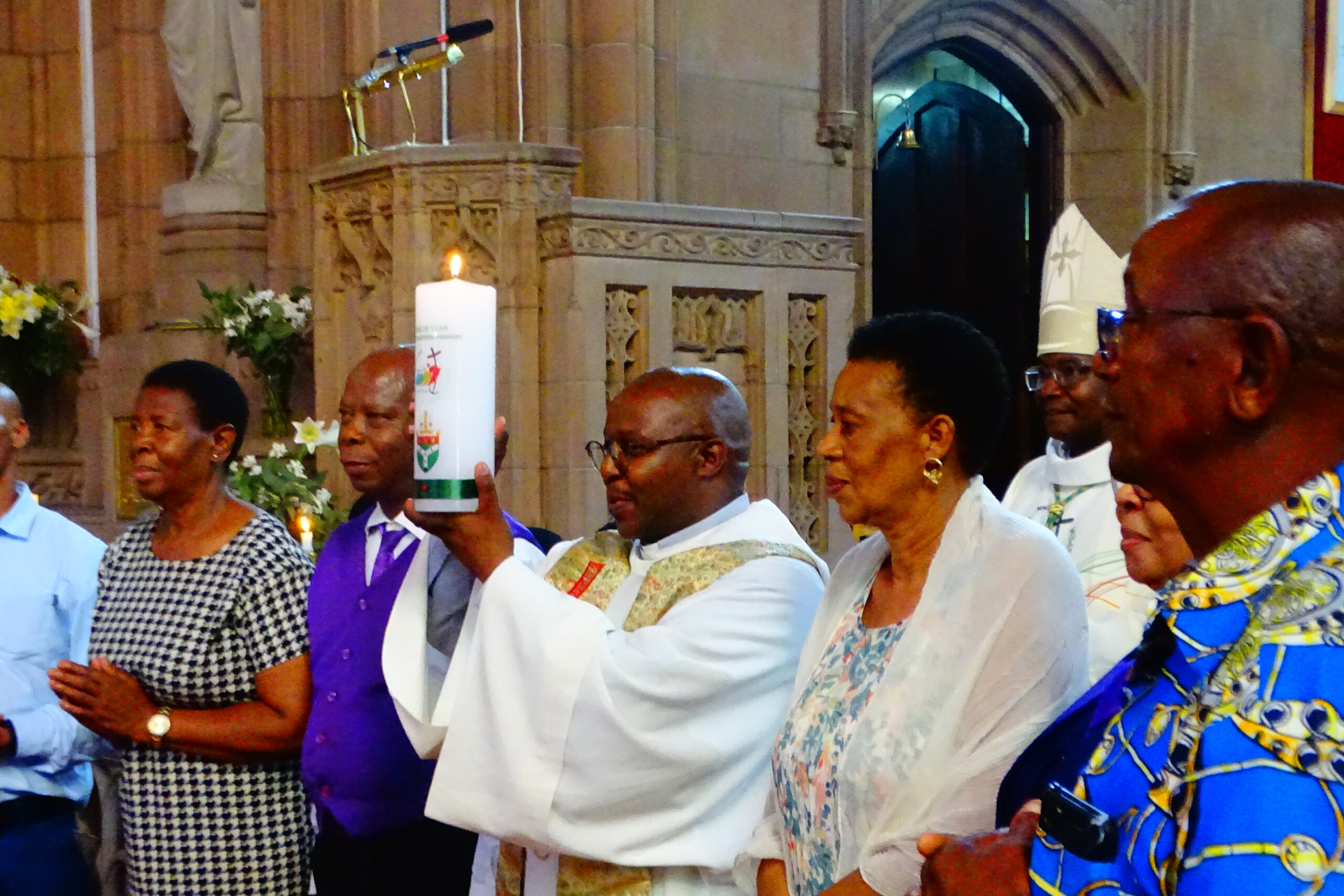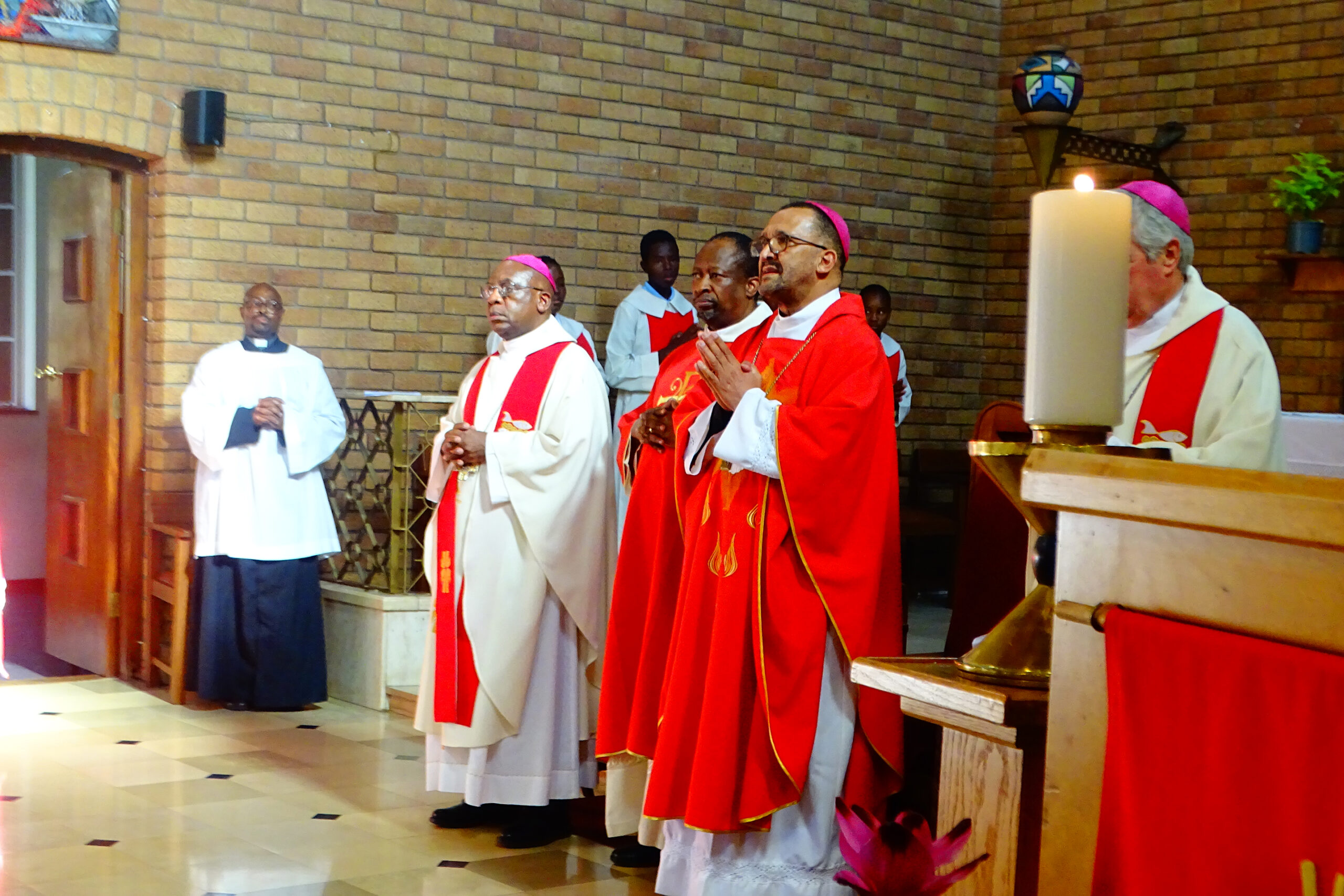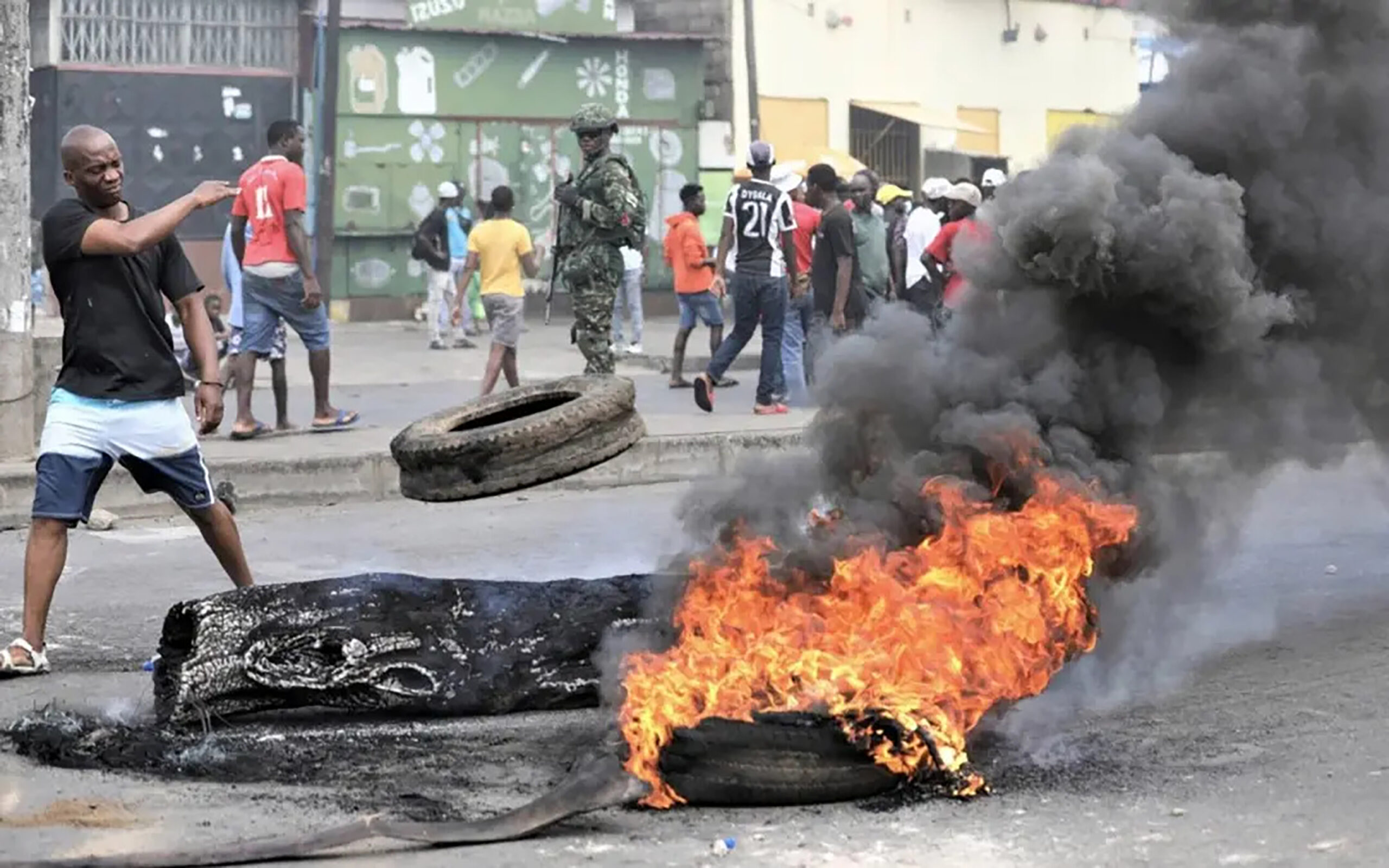
FINDING A HOME
The cross is also the anchor of our hope as it appears in the Jubilee logo embedded onto the lit candle. The lower part of the cross is elongated and turned into the shape of an anchor, which is lowered into the waves and stabilizes the ship amidst the storms.
In addition, the cross is bent down backwards towards the four human figures. This indicates God’s act of compassion, seeking us out and offering surety of hope.
RADAR • SYNOD

THE FINAL DOCUMENT FROM THE SYNOD: MAIN IDEAS AND PROPOSALS
The final document from the XVI Ordinary General Assembly of the Synod of Bishops which concluded on 27 October 2024, outlines propositions aimed at promoting a more synodal Church. It emphasizes transparency, accountability, and the active participation of all Church members, seeking to align decision-making and expand lay roles in ecclesiastical life.
BY PIERRE-ALAIN GIFFARD | DIRECTOR OF PASTORAL WORK OF THE DIOCESE OF PEMBROKE, CANADA
THE MAIN ideas of the final document focus on the theme of the Synod: “For a Synodal Church: Communion, Participation, and Mission.” They include the following key elements:
The Heart of Synodality: emphasizes the role of the Holy Spirit in calling the Church toward conversion and unity, rooted in a sacramental understanding of the People of God. It defines synodality as a journey marked by spiritual unity and a shared mission among all members of the Church.
On the Boat, Together: highlights the need for renewed relationships within the Church, emphasizing communal bonds across different vocations, contexts, and cultures. It stresses the importance of harmony among clergy and laity, and within families, in order to embody a mission-oriented Church.
“Cast the Net”: discusses the transformation of Church processes, focusing on ecclesial discernment, decision-making, transparency, accountability, and evaluation. It calls for improved participatory structures in the Church.
An Abundant Catch: addresses the cultivation of connections within the Church, including inter-church relations and ecumenical unity. It proposes enhancing mutual exchange among different Church communities and assemblies to strengthen ties within a diverse global Church.
“I Send You Too”: focuses on building a community of missionary disciples and emphasizes the need for spiritual formation for all baptized members to foster a synodal, mission-driven Church.
The document contains the following main proposals:
- Study Areas for Groups: The Synod encourages specialized groups to delve deeper into ten critical areas, such as the relationship between Eastern and Latin Churches, supporting the poor, and adapting mission efforts to the digital world, to align Church life with modern challenges and synodal ideals more effectively.
- Transparency and Accountability: The proposal emphasizes that transparency in Church governance, especially through public reports and audits, can help build trust and ensure the Church manages resources responsibly, while also upholding values of inclusion and equality, such as balanced gender representation in decision-making bodies.
- Empowering Episcopal Conferences: By strengthening the role of Episcopal Conferences, the Church can allow for more locally responsive doctrinal and pastoral care that respects cultural diversity while still preserving the unity and integrity of the Catholic faith worldwide.
- Inclusivity for People with Disabilities: This proposal suggests an Ecclesial Observatory on Disability, aiming to foster active involvement of individuals with disabilities, ensuring that their unique contributions enrich Church life and outreach.
- Strengthening Family and Marital Support: Recognizing families as vital contributors to the Church’s mission, this proposal advocates for networks that support families in pastoral roles, allowing them to actively participate in evangelization and service within their communities.
- Promotion of Synodal Decision-Making: Encouraging synodal processes at all levels aims to make decision-making more inclusive and reflective of the broader Church community, fostering shared discernment and updating canon law to clearly define consultative and decision-making roles.
The document calls for a spiritual, relational, and structural renewal, aiming for a Church that lives out synodality as an integrated practice of community and mission. The propositions aim to build a more inclusive and transparent Church by redefining decision-making roles, encouraging accountability, and strengthening interfaith dialogue. Together, these steps pave the way for a synodal Church rooted in communion, participation, and shared mission.
Source: https://pembrokediocese.com/



